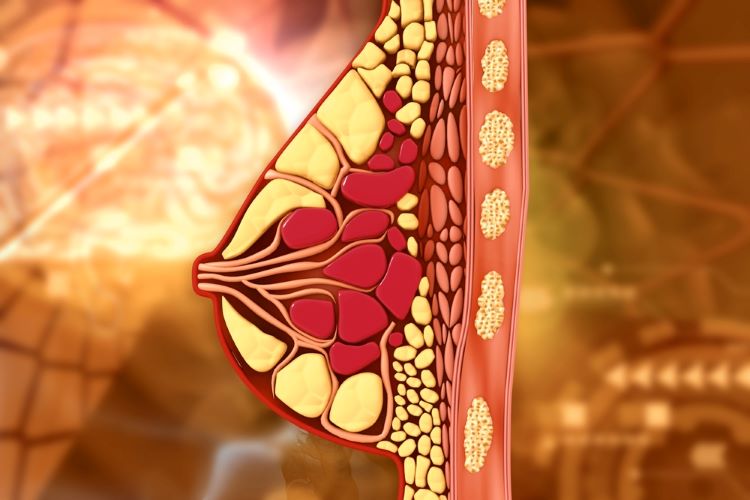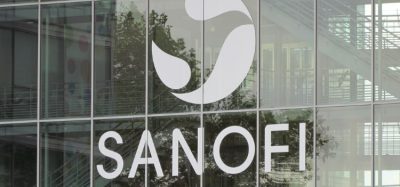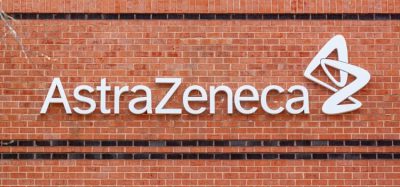Combination treatment could minimise cancer relapse risk
Posted: 22 March 2024 | Catherine Eckford (European Pharmaceutical Review) | No comments yet
Data suggests that ribociclib plus endocrine therapy could provide a new treatment option more patients with HR-positive, HER2-negative early breast cancer.


Research suggests that combining ribociclib with hormone therapy improved invasive-free survival in stage 2 or 3 HR-positive, HER2-negative early breast cancer.
The study data showed that distant disease-free survival and recurrence-free survival improved when the small molecule CDK4/6 inhibitor ribociclib was used alongside a nonsteroidal aromatase inhibitor (NSAI).
A significant reduction in the rate of disease recurrence
“We found that adding ribociclib to the standard hormone therapy resulted in a relative reduction in the recurrence rate by as much as 25 percent,” stated first author of the study Dr Dennis Slamon, Chair of haematology-oncology at the David Geffen School of Medicine at UCLA and Director of clinical and translational research at the UCLA Health Jonsson Comprehensive Cancer Center. “And that is huge for this the group of patients, who make up 70 percent to 75 percent of breast cancer cases.”
In the Phase III NATALEE clinical trial, participants received either ribociclib plus endocrine therapy (2549 patients), consisting of a nonsteroidal aromatase inhibitor or just endocrine therapy (2552 patients).
Ribociclib plus standard hormone therapy
What did the study data show?
The trial data showed that at three years:
- Combination treatment facilitated a 91.7 percent recurrence-free survival, compared to 88.6 percent for endocrine therapy only
- The invasive disease-free survival rates were 90.4 percent for the combination arm, compared to 87.1 percent for women who were treated with only hormone therapy
- Distant-free survival rates in the trial were 90.8 percent for the combination arm. This was compared to 88.6 percent for endocrine therapy alone.
“Overall, the NATALEE trial supports ribociclib plus endocrine therapy as a new treatment option for a much larger population of patients with HR-positive, HER2-negative early breast cancer,” commented Slamon.
Novartis funded the Phase III NATALEE clinical trial.
The research was published in New England Journal of Medicine and the results were presented at the 2023 American Society of Clinical Oncology (ASCO) Annual Meeting.
Related topics
Big Pharma, Clinical Development, Clinical Trials, Drug Development, Industry Insight, Therapeutics









